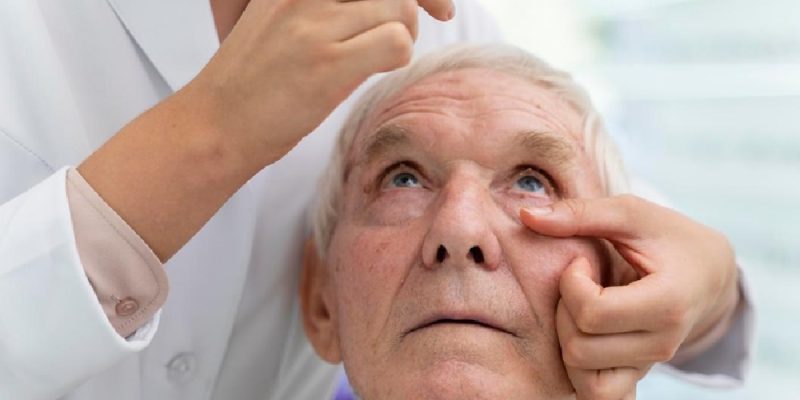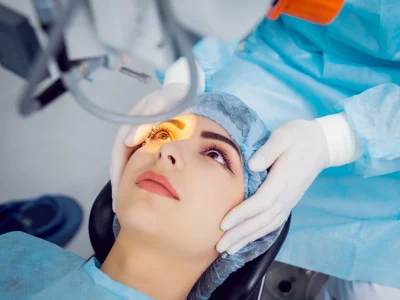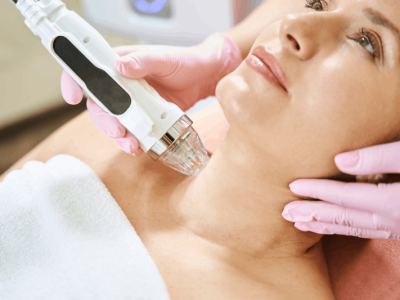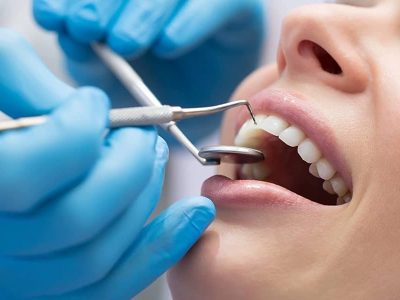The Aging Process And Its Impact On Eye Health
Our eyes naturally change as we age, affecting vision and eye health. This process, called presbyopia, usually begins around age 40.
Key changes include:
- Loss of Lens Flexibility: It makes focusing on nearby objects more challenging, leading to difficulties with reading and detailed tasks.
- Cataracts: Cause blurred vision and light sensitivity.
- Glaucoma: Damages the optic nerve, resulting in progressive vision loss.
- Age-related macular Degeneration (AMD) is the leading cause of vision loss in older adults. It impacts the central retina and makes reading or recognizing faces hard.
The Role Of Eye Specialists In Senior Care
In senior care, ophthalmologists are vital for addressing age-related eye concerns. They diagnose, treat, and manage various eye conditions to help prevent vision loss.
Ophthalmologists perform comprehensive eye exams to identify issues and create tailored treatment plans. Regular exams are crucial for monitoring eye health and maintaining seniors’ independence.
They also prescribe corrective lenses, manage chronic conditions, and perform surgeries like cataract and glaucoma treatments. Additionally, ophthalmologists educate older adults on preventive measures and eye health maintenance, highlighting the importance of regular check-ups and healthy lifestyle choices.
Benefits Of Regular Eye Exams For Seniors
Regular eye exams are vital for seniors. They allow for early detection and management of age-related eye conditions, which helps prevent vision loss. Consult eye specialists for significant benefits that enhance the quality of life.
Key advantages include early diagnosis and treatment of conditions like cataracts, glaucoma, and AMD, which can preserve vision. Improved vision also helps seniors maintain independence in daily activities such as reading, driving, and navigating their environment.
Additionally, eye exams reduce the risk of falls and social isolation, promoting better overall health and confidence. The American Academy of Ophthalmology recommends comprehensive eye exams every one to two years or more frequently for those with existing eye conditions or higher risk factors.
Finding The Right Eye Specialist For Senior Care
Choosing the right eye specialist is essential for effective senior care. Seniors and their caregivers should seek ophthalmologists with experience in geriatric eye care.
- Specialization is vital; some ophthalmologists have additional training in age-related conditions like cataracts, glaucoma, and macular degeneration, allowing for a more tailored approach to care.
- Communication style and bedside manner are also important. Seniors may prefer providers who listen to their concerns, explain treatment options clearly, and involve them in decision-making.
Look for specialists who understand the unique needs of older adults, including the effects of comorbidities like diabetes and cognitive impairments, and accommodate any physical limitations.
When searching for an eye specialist, ask for recommendations from healthcare providers, senior community centers, or aging services organizations. Checking online reviews can also provide insights into the quality of care and patient satisfaction.
Tips For Maintaining Healthy Eyes In Older Adults
Seniors can take several steps to maintain eye health and preserve vision as they age:
- Prioritize Regular Eye Exams: Follow a schedule of eye exams every one to two years or more often if at higher risk.
- Adopt a Healthy Lifestyle: Eat a balanced diet rich in eye-healthy nutrients and engage in regular physical activity. Quitting smoking and limiting alcohol are also beneficial.
- Wear Protective Eyewear: Use sunglasses or protective eyewear outdoors to shield your eyes from harmful UV rays.
- Manage Underlying Health Conditions: Work with healthcare providers to effectively manage diabetes and high blood pressure.
- Maintain Good Lighting and Reduce Glare: To improve comfort and visibility, ensure living and working spaces are well-lit, and minimize glare from scree-screen glare Technology On Senior Eye Health.
Technology is vital for older adults in the digital age but can impact their eye health. Awareness of potential risks and preventive measures is essential.
Concerns:
- Digital Eye Strain: Prolonged screen exposure can cause eye fatigue, dry eyes, and blurred vision, especially for seniors sensitive to light.
- Increased Fall Risk: Vision changes may hinder navigation, increasing the risk of falls while using digital devices.
Mitigation Strategies:
- Take Breaks: Encourage regular breaks and the 20-20-20 rule: every 20 minutes, look at something 20 feet away for 20 seconds.
- Use Anti-Glare Solutions: Recommend anti-glare screens or blue light-blocking glasses and adjust brightness.
- Create a Safe Environment: Ensure technology is used in well-lit, clutter-free areas.
Benefits of Technology:
- Telehealth Services: Convenient access to eye specialists, especially for those with mobility challenges.
- Assistive Technologies: Tools like screen magnifiers and text-to-speech software help seniors maintain independence.
Services for Seniors With Vision Loss
Seniors experiencing vision loss can access various supportive services at Alpenglow Homecare, focusing on creating a personalized Plan of Care to maintain their independence and quality of life. Key services include:
Key Supportive Services
- Low Vision Rehabilitation:
- Collaborates with occupational therapists or vision specialists.
- Focuses on adapting daily activities and navigation skills.
- Provides assistive devices like magnifiers and screen readers.
- Counseling and Support Groups:
- Offers emotional support for adjusting to vision loss.
- Involves mental health professionals and peer support groups.
- Provides strategies for maintaining independence.
- Community-Based Programs:
- Includes transportation assistance and home modifications.
- Connects seniors to local organizations for additional support.
- Encourages participation in community activities.
Importance of Awareness
Seniors and caregivers should be aware of these services and collaborate with healthcare providers to find suitable resources. With the proper support, seniors can live fulfilling and independent lives.
Conclusion: Prioritizing Eye Health In Senior Care
Eye health is essential in senior care, as aging can significantly impact vision and well-being. By prioritizing eye health and consulting specialists, seniors can maintain independence and reduce the risk of severe complications.
Ophthalmologists address age-related issues like cataracts, glaucoma, and macular degeneration. Regular eye exams facilitate early detection and management, helping seniors preserve their vision.
Seniors can also maintain healthy eyes by adopting a healthy lifestyle, wearing protective eyewear, and managing health conditions. Awareness of technology’s effects on eye health is also essential.








Comments